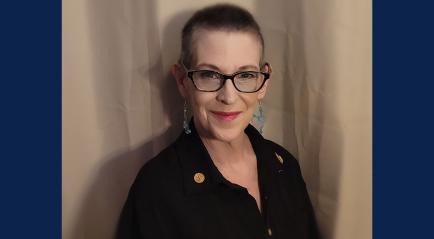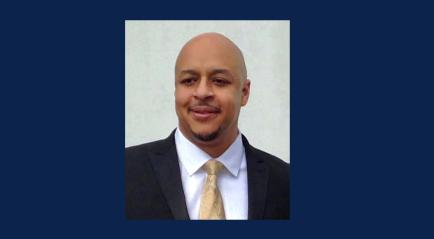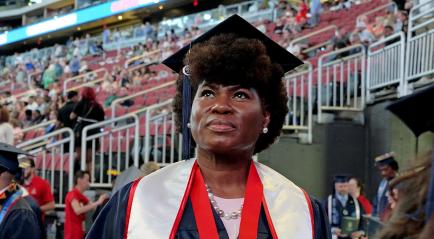Questions? Talk with an Advisor
Step 1 of 2
1. Your Interest
2. About you
Featured Articles
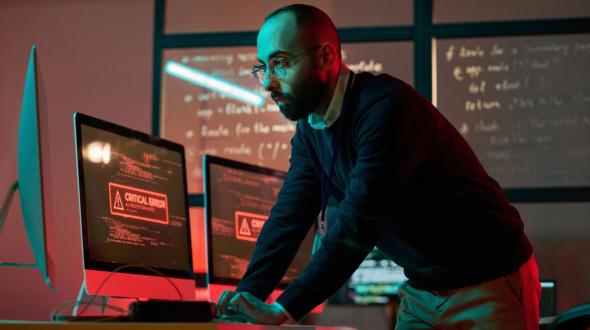
Cyber and Data Security Overview: The Importance of Data Security in the Digital Age
0:09:09
Read Article

Information Technology
Cybersecurity Careers: Skills, Certifications, and Degree Requirements
0:11:59
Read Article

Student Lifestyle and Success
UAGC Launches New Student Government Association to Amplify Student Voices
0:05:15
Read Article
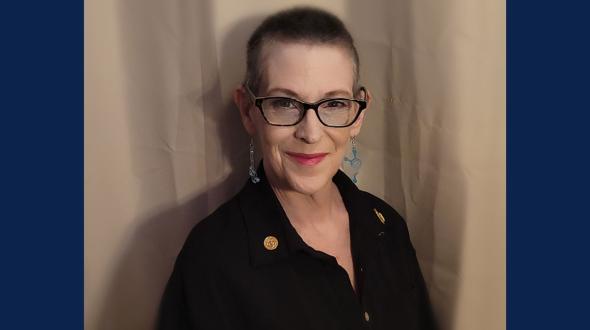
Student Lifestyle and Success
Jeanene Zagajeski Uplifts and Inspires Through Technology
0:07:43
Read Article
Read More From Our Forward Thinking Blog








